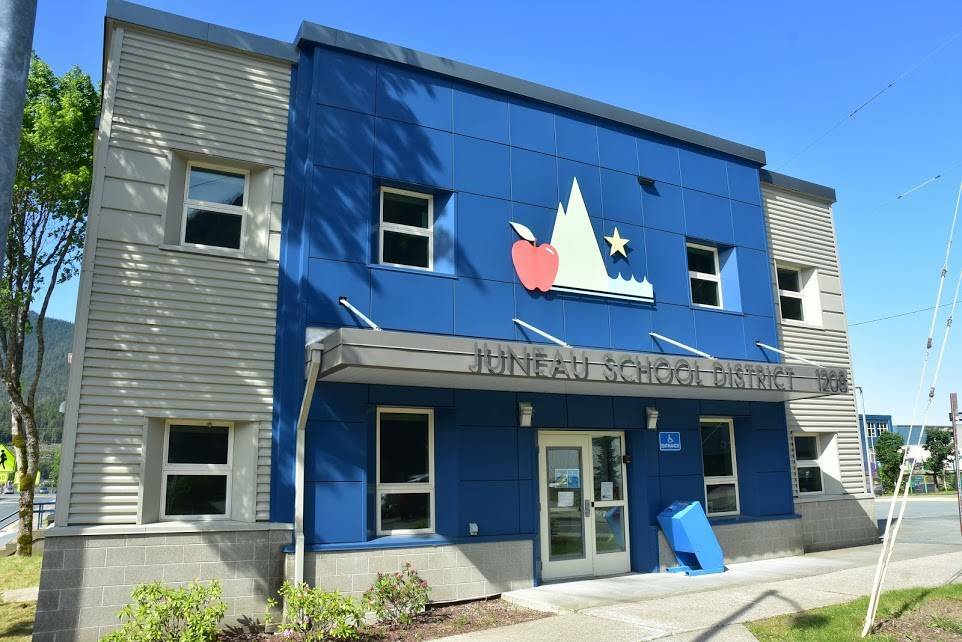State Rep. Andi Story, D-Juneau, has two bills that would raise the state’s base student allocation, and are currently being heard in the House Finance Committee. Finance committees are typically the last committee bill’s go through before being sent to the floor.
Speaking to the House Finance Committee on Monday, Story said that due to inflation each year without an increase to the base student allocation amounts to a reduction in funding. The base student allocation is the amount of money per student a district receives each year from the state.
Story’s bills have found support among her Democratic and independent colleagues in the House Majority Coalition, but Republican lawmakers have expressed concern about increasing state spending on what they view as an inefficient system.
House Bill 272 proposes raising the allocation from $5,930 to $6,153 in 2022 and then to $6,208 in 2023. HB 273 would require the state to annually increase the allocation by an amount tied to the Consumer Price Index for Anchorage.
When those bills passed out of the House Education Committee, they picked up Democratic and independent co-sponsors but Republican members either gave no recommendation or voted not to advance the bill.
But in an interview Tuesday, Story said she had spoken to Republican colleagues and was confident her bills had support to pass the House.
“School districts are really hurting and I think people have been reaching out to their legislators,” Story said.
The increase to the allocation would cost the state $57 million in the first year and $14 million in the second for a total of $71 million, Story said.
[TMHS boys, JDHS girls each win 2 in crosstown games]
During Monday’s meeting committee members heard testimony from education officials across the state. Andy Degraw, COO of the Fairbanks North Star School District, told lawmakers his district had a backlog of expenses and the proposed increase in the bills would still leave a deficit.
Rep. Adam Wool, D-Fairbanks, asked Superintendent of the Alaska Gateway School District Scott MacManus how many of his problems would go away if one or both the bills were to pass.
MacManus said “$250,000 of my problems would go away,” noting that his district had roughly $800,000 in needed funding.
On Monday the finance committee spent roughly two hours discussing HB 272, which Story said she thought was a good sign of support for the bill. The committee still needs to discuss HB 273, but has not yet scheduled a meeting to do so.
“In looking at our budget situation, there are many needs out there but kids are a priority,” Story said. “Flat funding is really putting downward pressure on what we can keep for kids.”
• Contact reporter Peter Segall at psegall@juneauempire.com. Follow him on Twitter at @SegallJnuEmpire.

